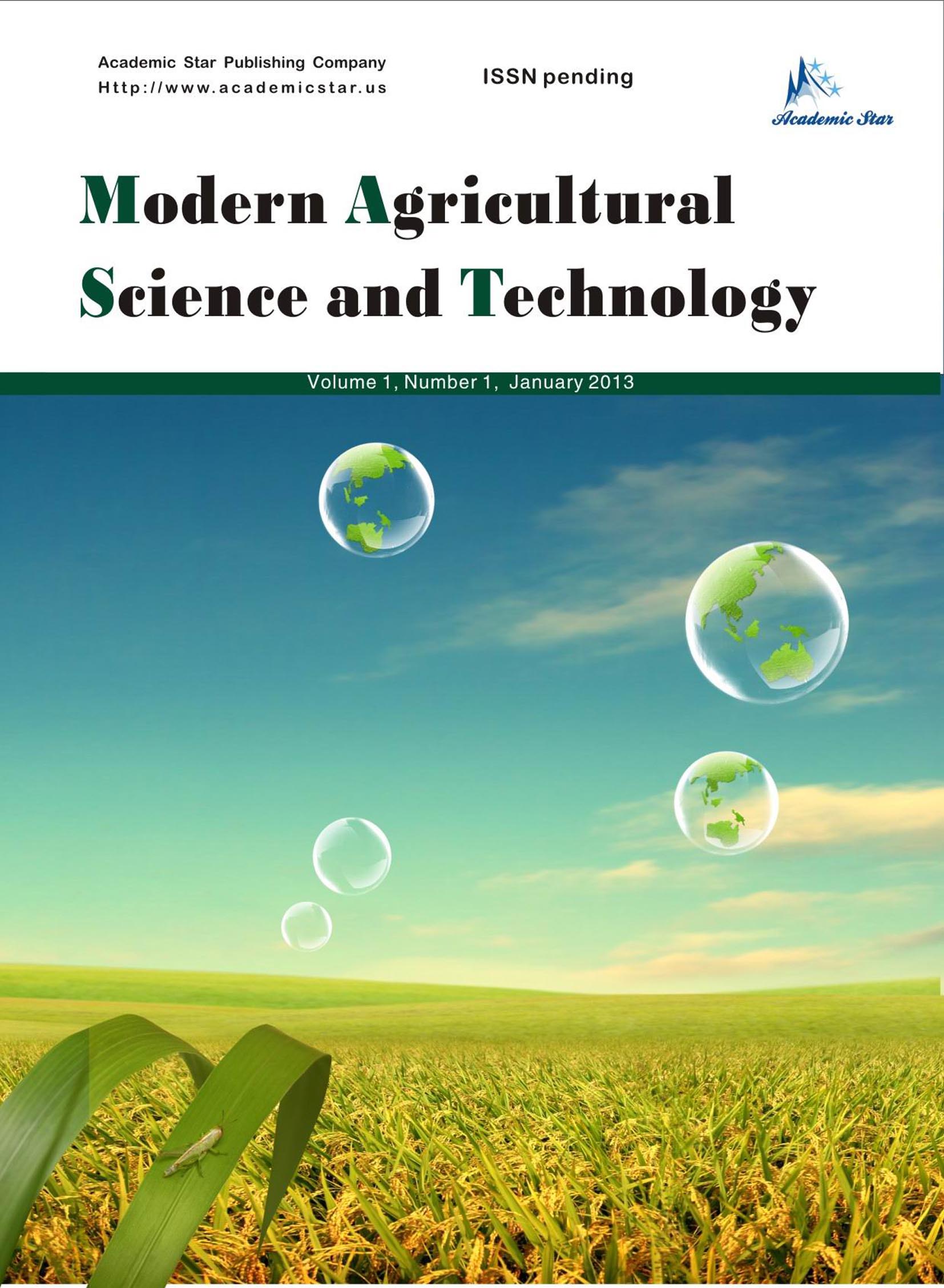Technology and Engineering

- ISSN: 2375-9402
- Modern Agricultural Science and Technology
Identification and Characterization of Organic Waste in Morocco:
An Important Step towards the Valorization of Waste
Belmakki Mohammed1, Bartali El Houssine1, Xiaoru Hou2, and Anne-Belinda Bjerre2
1. Infrastructure and Environment Department, Agronomic and Veterinary Institute Hassan II, Rabat, Morocco
2. Danish Technological Institute, Gregersensvej 1, 2630 Taastrup, Denmark
Abstract: The introduction of new valorization and bioconversion techniques of organic waste in Morocco is a lever for a promising bio-economy able to exploit all available resources of the country including waste. The success of these techniques is first conditioned by the perfect knowledge of the characteristics of the available biomass potential. Thus, this research is particularly interested in the identification and characterization of organic waste at the national level for eventual bioconversion to other products with added value such as bioethanol, lactic acid, amino acids, proteins and fertilizers. This paper is based on a research activity funded by EU FP7 project Biowaste 4SP and conducted by IAV Hassan II. The identification of these biological materials has been established by making a state-of-the-art on different researches, studies and statistics to estimate the potential volume at the national level and especially those generated by agriculture and agrifood industry. The determination of the chemical composition of biomass was carried for the nine most important biomaterials in the country in terms of quantitative and qualitative potential. After evaluating the various production sectors, it has been estimated global potential of organic waste at approximately 60 million tons produced annually across Morocco, with 92% of agricultural wastes. A share of this biomass is currently marketed as inputs in the agricultural sector; while other residues have no economic value and are disposed of to landfill or incineration. The results of chemical characterization of the 9 samples studied have identified two types of biomass: sugar based feedstock and nutrient based feedstock including the estimated yield for bioethanol, biogas, lactic acid and fertilizer. These results show that organic wastes available in Morocco are well adapted to transformation process to produce value added bio-based products.
Key words: organic waste, valorization, bioconversion, environmental impact, energy, bio-economy, Morocco






